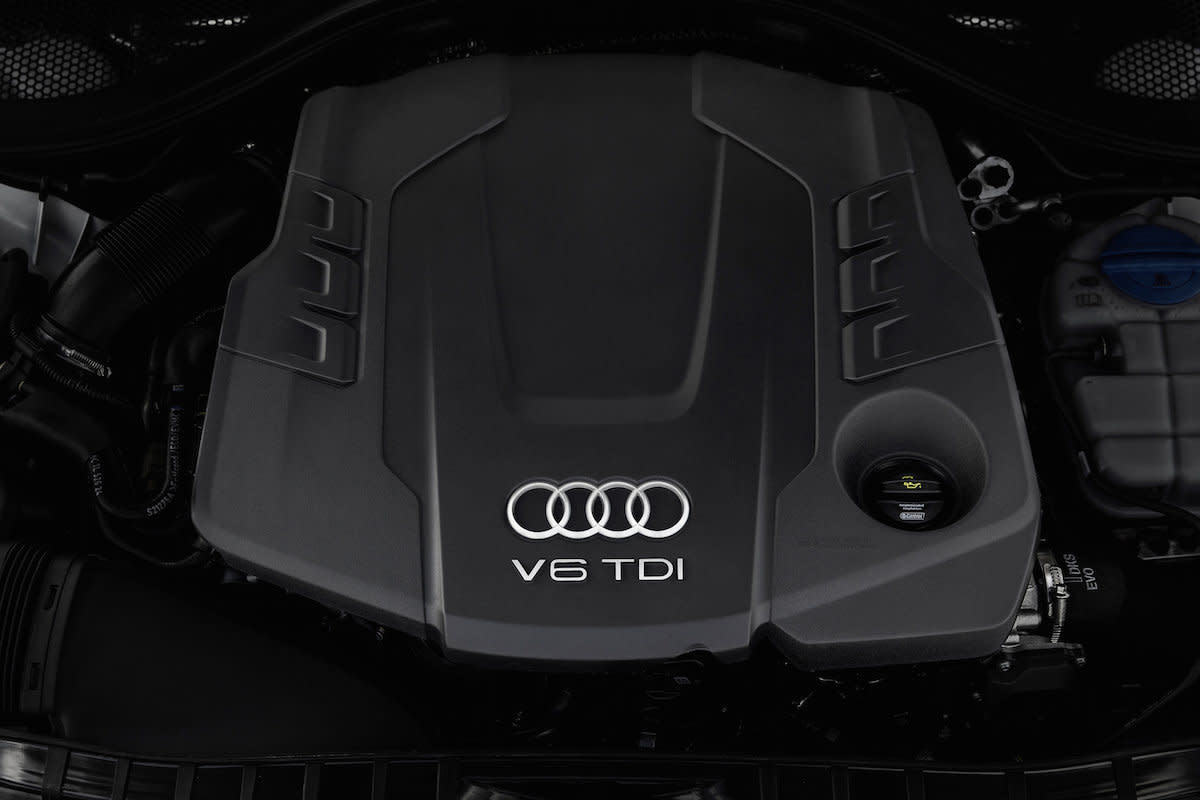EPA Finds 10,000 Additional Audi, Porsche And VW Diesels Faked Emissions

Federal regulators said today they had found 10,000 additional diesel engines in Volkswagen Group vehicles—including Audi sedans and Porsche SUVs—that fake their emissions under testing through software, adding another layer to the scandal engulfing the German automaker.
But Volkswagen denied the accusation, saying it had no software in those engines that did what U.S. regulators claimed.
If upheld, the test results would belie VW’s statements six weeks ago that a software program which could sense whether a vehicle was being tested by authorities was only installed in four-cylinder turbodiesels. VW has said 11 million vehicles worldwide were affected by that software, and has pledged to spend billions of dollars bringing them into compliance. The scandal has led to the ouster of VW’s CEO and investigations around the world.
The U.S. Environmental Protection Agency said its testing uncovered similar software in seven new models equipped with 3-liter V-6 diesels: the 2014 Volkswagen Touareg, 2015 models of the Porsche Cayenne and 2016 models of the Audi A6 Quattro, Audi A7 Quattro, Audi A8 and Audi Q5.
“VW has once again failed its obligation to comply with the law that protects the air for all Americans,” said Cynthia Giles, EPA’s Assistant Administrator for Office of Enforcement and Compliance Assurance.
According to the agency, its testing following the first revelation about VW engines also found a two-mode setup in the 3-liter V-6 turbodiesels. When the vehicles sensed they were undergoing federal emissions testing, they would turn on a “temperature conditioning” mode that changed several engine settings. In that setting, higher exhaust temperatures warmed up the catalytic converter, allowing the vehicles to meet federal standards.
But exactly one second after the required testing time passed, the software switches to normal mode, which ends several strategies for limiting pollutants. The software also doesn’t turn on “temperature conditioning” if it doesn’t sense the vehicle is being tested. In this mode, the EPA found the VW, Audi and Porsche models spew up to nine times more nitrous oxides than allowed by law—a pollutant that causes smog and lung disease.
In a statement from Germany, VW said no such software existed: “Volkswagen AG wishes to emphasize that no software has been installed in the 3-liter V6 diesel power units to alter emissions characteristics in a forbidden manner.” It said it would cooperate with the EPA.
Under federal law, VW could be liable for up to $375 million in fines under the federal Clean Air Act for the violations. The EPA said it had found no other automaker with similar devices in its testing, but declined to say how many other vehicles it has examined.
VW and its brands did not have an immediate comment on the news. While the vehicles are legal and safe to drive, VW will have to eventually recall them to bring them into compliance. It wasn’t immediately clear whether Audi dealers could continue selling any of their affected diesel models.
Since the scandal was uncovered in September, VW has replaced or suspended several executives. Prosecutors in the United States and Europe have launched probes into the automaker, which has vowed to begin repairing its vehicles early next year.

